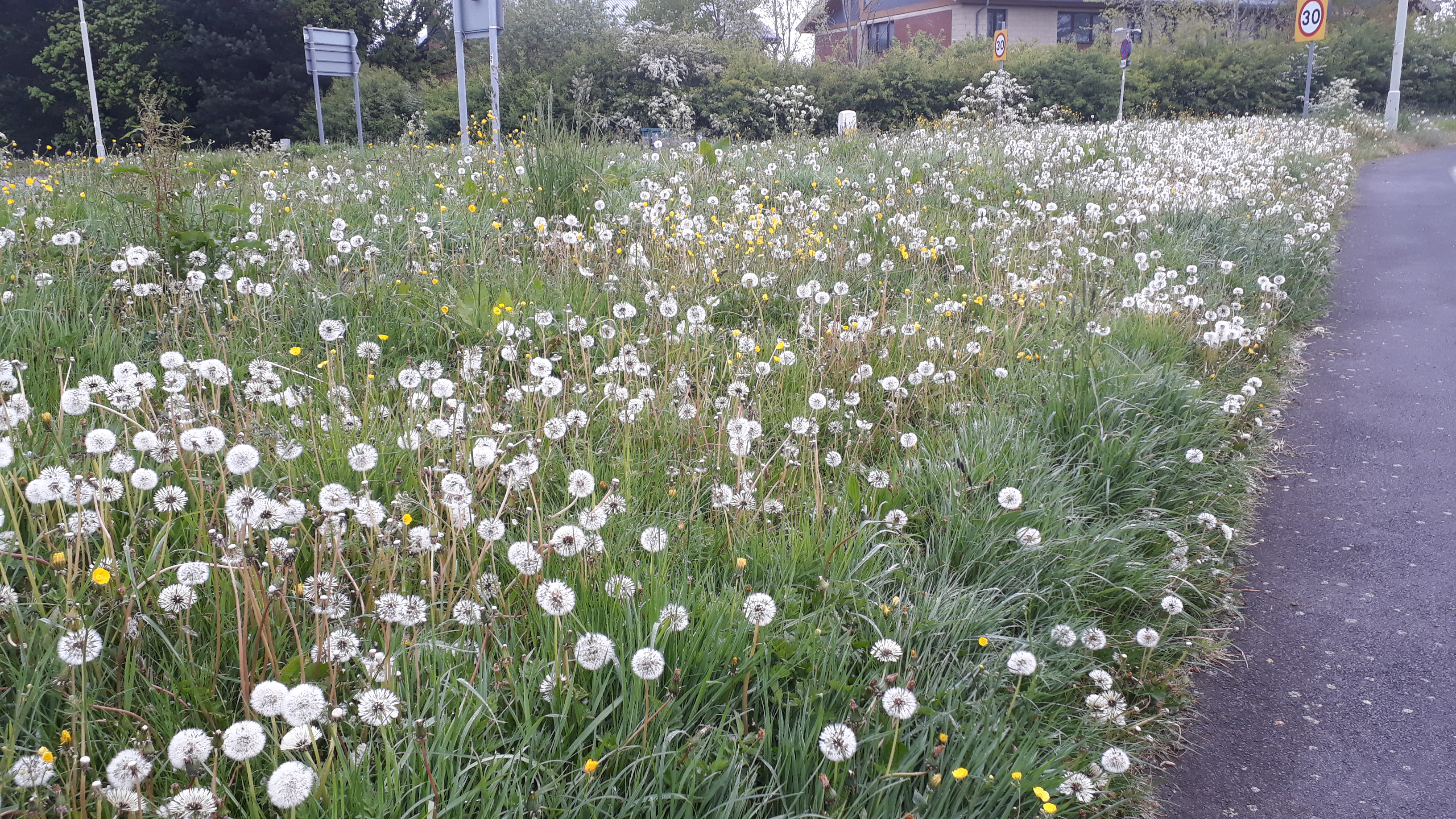Look around you. Trees are being felled. Hedges grubbed out. Arable fields are too often growing a monoculture crop boosted by chemicals. Biodiversity is the loser. As will be humanity if we continue this way.
Few of us have heard of the body that published a technical report on the loss and threat to all manner of species today. But that doesn’t make the report from the Intergovernmental Science Policy Platform on Biodiversity and Ecosystem Services (IPBES) any less important. It is one of the most important environmental reports of this decade. It states bluntly that almost all environmental indicators show the health of nature is decreasing. Biodiversity is dying.
Like tackling climate change, we must do what we can locally. That means ensuring that new developments not only lead to biodiversity gain but deliver that gain more quickly. It means we must cut down fewer trees and hedges. It means we must set aside more land for nature.
If we want prosperity, we can’t destroy the environment that supports our wellbeing. We need to work with nature not against it.
The IPBES is the biodiversity partner of the Intergovernmental Panel on Climate Change (IPCC). Today’s report says nature is in trouble and one million species of plants and animals are at risk of going extinct. The scientists blame development leading to loss of habitat, climate change, overfishing, pollution and invasive species. Species are being lost tens or hundreds of times faster than before. The panel’s scientists blame the biodiversity crisis on humanity. They say there is still time to save the planet if governments, companies and individuals act.
It’s a wake-up call. We should heed it.
The IPBES report says that biodiversity is not just about birds, bugs and beasties – it’s a development issue, an economic issue, a social issue and a moral issue. Nature is essential for food production, for pure water, for medicines and for the wellbeing of people and society.
This is a report about global issues. It talks a lot about the large-scale destruction of the natural environment underway on other continents. The question is for us in Shropshire is what we can do here right now. There are many actions we can take.
Shropshire Council’s Biodiversity Action Plan has not been updated for a decade. The council’s excuse is that the government stopped funding it. Surely a council that cared about our county’s future would have an up to date plan for its biodiversity as well as its economy.
Planning policies in the county – and nationally – assume that biodiversity is a secondary consideration. Build first, stick a few trees and plant pond sometime afterwards. We need to insist developers introduce biodiversity improvements early on in developments. Once a tree is cut down – and more than 100 will be cut down for the Foldgate Lane housing development – it will be decades before any replacements host the same richness of biodiversity.
We need to link biodiverse areas into a network of wildlife corridors, not just isolated pockets. The London Borough of Brent is creating a seven mile Bee Corridor. That’s just one example of how we can make biodiversity work at a local level. Why aren’t we doing that in Shropshire?
The council is promoting the North West Relief Road around Shrewsbury despite the damage it will wreak on ancient ponds, silted up oxbows and veteran trees. It should rethink the route and the concept.
We must stop massacring verges in the name of tidiness. We must maintain sight lines for safety. But huge areas are routinely mown down with monotonous regularity because of our obsession with short grass. Shropshire Council made clear last year it doesn’t understand how it can help biodiversity and save money at the same time by changing its mowing regime. It regards biodiverse rich verges as the exception not the norm.
At today’s press conference in Paris, Sir Bob Watson praised the IPBES report:
“But we must recognise that the basic message is the same as what the scientific community has been saying for more than 30 years. Biodiversity is important in its own right. Biodiversity is important for human wellbeing and we humans are destroying it… In 1992 the Earth Summit in Brazil… recognised that biodiversity loss needed to be halted. Since 1992, the loss of biodiversity has accelerated. We ignored the warnings of 30 years ago. Unless we act now, we undermine wellbeing for future generations.”
We should not wait for national and international bodies to negotiate agreements. We should make promoting biodiversity central to all our policies and actions in this county.
We must stop wringing our hands and muttering apologies for what we are doing to our planet. We need to protect and enhance what we have. The time to do that is not tomorrow. It is today. We have a biodiversity emergency. We need to tackle it at local, national and international level. We must tackle it root and branch, if you will excuse the pun.
Sign the petition to ban hedge netting by developers to stop birds nesting.
Sign the petition to make “hedgehog highways” mandatory on all new builds.



As Humanity is the overall driving force behind this extinction scenario, the no-brainer primary solution is RADICAL control of human populations.
While this remains a taboo subject and the universal elephant in the room, I’m afraid biodiversity and those vulnerable species at risk will continue to be lost, with increasing frequency, until ultimately we are the next on the list. If there is anything left alive after that, it will have a chance to thrive in what’s left of the planet
In your next focus how about asking the voter for ideas that could be cheaply put into practise which they could do cheaply. Get people involved with their thoughts..